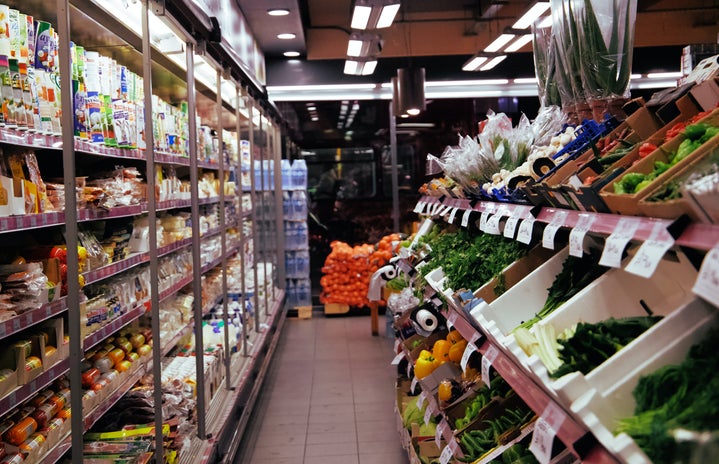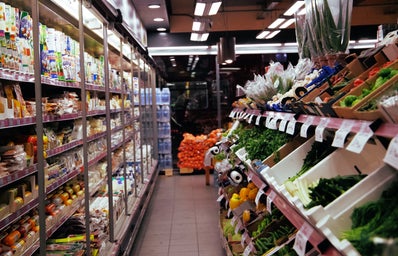Do you know who stitched the sweatshirt you’re wearing? What about the phone case you’re holding? Who picked the apple you had with lunch? Most people don’t think about where their products come from, but it’s time to start. The makers of your favorite merchandise could be underpaid and overworked. Unethical business practices are more common than you think, which is why fair trade is so necessary. Let’s unpack fair trade and what it does for justice, the environment, and the quality of your stuff.
What’s Fair Trade?
Fair trade is a standard that confirms products are ethically sourced. Goods are made by people who earn livable wages and work in safe conditions. Agriculture is the leading source of pollution in many countries. Chemicals used in farming can poison the environment and take generations to dispel. Fair trade ensures crops are farmed without pesticides, fertilizers, and other toxic farm chemicals.
Why Choose Fair Trade
Buying fair trade benefits everyone. It protects employees by normalizing livable wages, safe working environments, and reasonable working hours. It provides farmers with tools, knowledge, and resources to grow produce without environmental damage. Best of all, you get quality items made by people who care.
Fair Trade at Virginia Tech
D2 is often stocked with officially certified fair trade packaged goods, so check for them there! Our dining halls use local ingredients, grown or raised within 250 miles of the Blacksburg campus. You can enjoy ethically sourced university-raised meats, eggs from the university’s poultry facility and milk produced at the Virginia Tech Dairy Science Complex.
Super Cyber Shopper
A lot of people are susceptible to the impulse to buy. Before clicking add to cart, take a moment to look at the brand behind the product. Check out their website to learn about their moral standards and company culture. See if they partner with companies like Rainforest Alliance, Fair Trade, or USDA Organic, which confirm ethical sourcing practices. You can even review a company’s annual reports to see the ins and outs of employee treatment.
Think before you buy
When you’re out shopping, check labels for Fair Trade certification. Certification indicates something was made under International Labor Organization standards for workers’ rights. You can inspect labels for fair trade logos, information about the brand’s operations, and mission statements. To avoid being a label detective, buy local! A study by The Washington Post found nearly half of America’s small business owners have high ethical standards. Small businesses source products locally, so the environmental and moral impact is negligible. Support nearby small businesses and you’ll be supporting reputable practices simultaneously.
Understanding where products come from is so worth it! Fair trade benefits our environment and brings justice to toxic work environments. Try shopping fair trade as much as possible. That way, the next time someone asks, “Where’d you buy that?” You can feel good about the answer.


